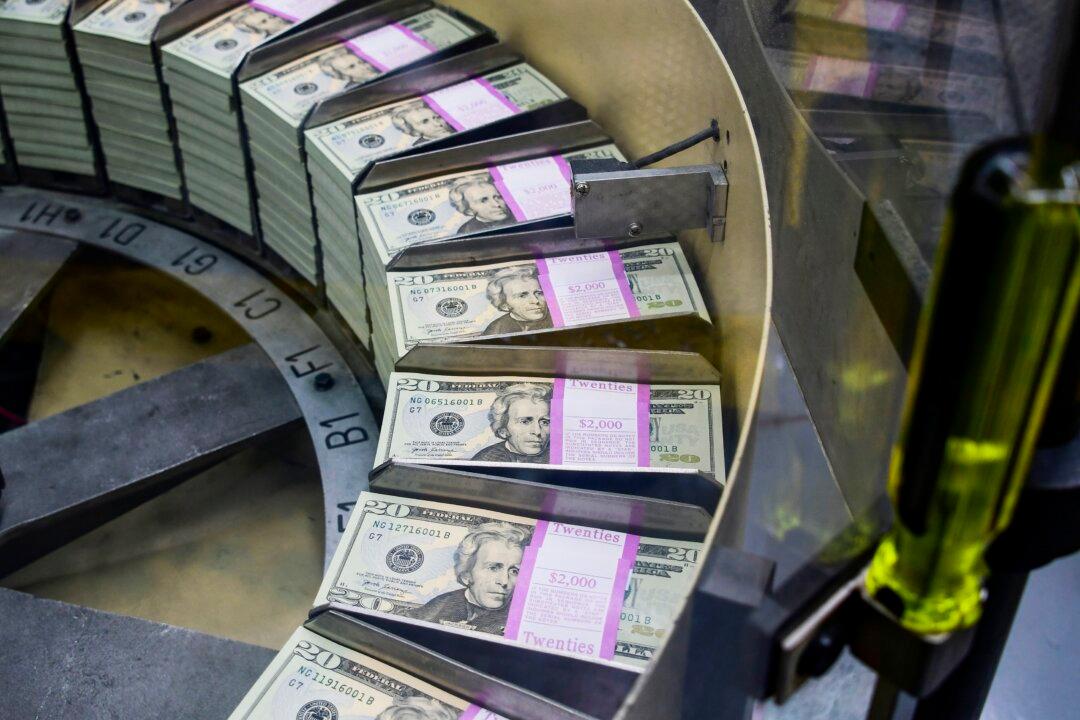The Internal Revenue Service (IRS) on Friday announced it would delay a rule that would have required tens of millions of Americans who received payments of at least $600 to report their earnings, following widespread confusion and angst about the new requirements.
Under the 2021 American Rescue Plan, anyone who earned $600 via platforms like PayPal, Etsy, Venmo, Airbnb, eBay, and others, would receive a 1099-K tax form from those services. Previously, those payment apps were required to send users the tax form if their gross income exceeded $20,000 or if they had 200 separate transactions in a calendar year.





